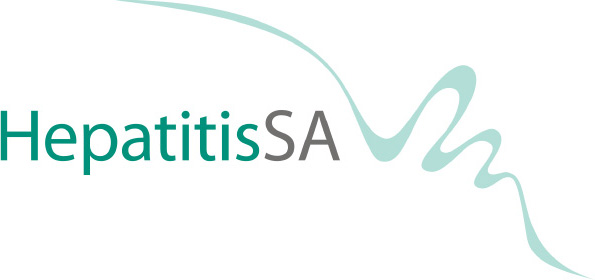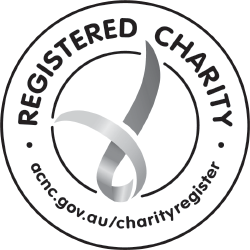28 July is World Hepatitis Day. This year we are saying: Yes You Can. If you have hepatitis C, Say Goodbye to Hep C. If you or someone close to you have hepatitis B – remember there are ways you can Thrive with Hep B. Stop B. Cure C – Yes You Can.
Hepatitis B and hepatitis C are the leading causes of liver cancer in Australia. Hepatitis C can now be cured. For most people, treatment consists of one tablet a day for 8 to 12 weeks.
There is currently no cure for hepatitis B, but with regular monitoring and proper care It is possible to live a full, normal life with hepatitis B. Families can be protected with a safe and effective vaccine.
A blood test is needed to check for hepatitis B or C. A GP or health clinic can provide a referral for a test. Hepatitis C can also be tested using a quick fingerstick test. To find where these are available, give Hepatitis SA a call on 1800 437 222.
Hepatitis B Fast Facts
220,000 people are living with chronic hepatitis B in Australia, 14,000 of them in South Australia. Without regular care, 1 in 4 people with hepatitis B will develop liver cirrhosis or liver cancer.
• Hepatitis B is spread via blood and body fluids.
• Most people with chronic hepatitis B got it as children during birth or in households via open cuts and scratches.
• Not everyone with hepatitis B needs treatment.
• Everyone with hepatitis B needs 6-monthly checkups so that treatment can start if and when needed.
• There is a safe, effective vaccine for hepatitis B.
Click on the link to learn more at Life, Relationships and Hepatitis B. Answer 4 simple questions and you could win a $500 Visa Gift card.
Hepatitis C Fast Facts
120,000 people are living with hepatitis C in Australia, about 9000 of them in South Australia. 1 in 5 people with hepatitis C are undiagnosed. 20-30% of people with chronic hep C will develop liver cirrhosis.
Hepatitis C is spread by blood to bloodstream. This may be during:
• sharing injecting equipment,
• body art and piercing with unsterilised equipment
• non-sterile medical, dental or cosmetic procedures
• unprotected sexual activity where blood is present
Hepatitis B and C are not transmitted via hugs, kisses, sneezes, coughs, saliva, water, food or faeces.



